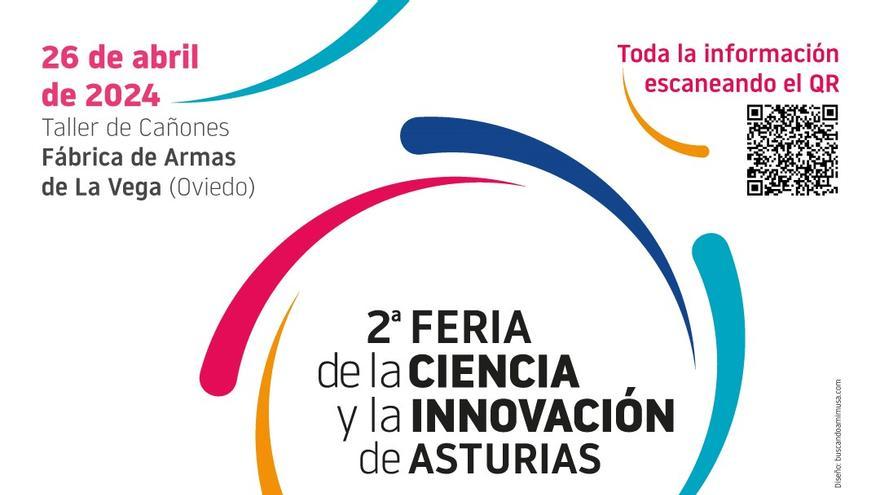On Monday, at the headquarters of the Economic Commission for Latin America and the Caribbean (ECLAC) in Santiago, Chile, the 34th Regional Seminar on Fiscal Policy kicked off, in which they asked for a boost in public revenues to expand fiscal space and make spenders more sustainable.
At this meeting, participants addressed fiscal policy challenges to achieve a sustainable and inclusive recovery, in a complex macroeconomic context marked by low growth and high inflation. In addition, they analyze options for enhancing tax collection and tax structure progressivity, the role of public spending as a tool for development and the future of fiscal rules in the region in light of the experience of the pandemic that began in 2020.
“Two or three years ago, we discussed in the midst of a situation that, despite the low growth of our economies, constitutes a stable macroeconomic situation. “Today, fiscal policy plays a critical role,” said Mario Simoli, Acting Executive Secretary of the Economic Commission for Latin America and the Caribbean.
The Economic Commission for Latin America and the Caribbean has released the Public Fiscal Panorama for Latin America and the Caribbean 2022, an annual report in which the UN regional body urges the design of fiscal policy that enhances the collection and escalation of the tax structure and strategically directs public spending to transform it into a development tool in order to promote sustainable development and comprehensive.
In this report, the Fiscal Outlook analyzes the behavior of fiscal policy in countries in the region during 2021, the year in which a significant increase in tax revenue and a slowdown in public spending reduced the fiscal deficit. For its part, total public debt contracted moderately to 53.7% of GDP in Latin America and 89.1% of GDP in the Caribbean at the end of the year, remaining high compared to levels observed during the 20 years prior to the pandemic.
The document details tax trends in the region in 2020, when tax pressure fell by 0.8 percentage points of GDP to an average of 21.9% of GDP, amid the COVID-19 pandemic. Tax revenue decreased, compared to production, in 20 of the 26 countries covered by the report during the year. Tax revenue performance in the region contrasted sharply with that of OECD countries, where tax pressure increased slightly, 0.1 percentage point of GDP, reaching an average of 33.5% of GDP.



:format(webp)/cloudfront-us-east-1.images.arcpublishing.com/grupoclarin/XM6EP3SM5REKNBOIXJSOCDCOOA.jpg)

